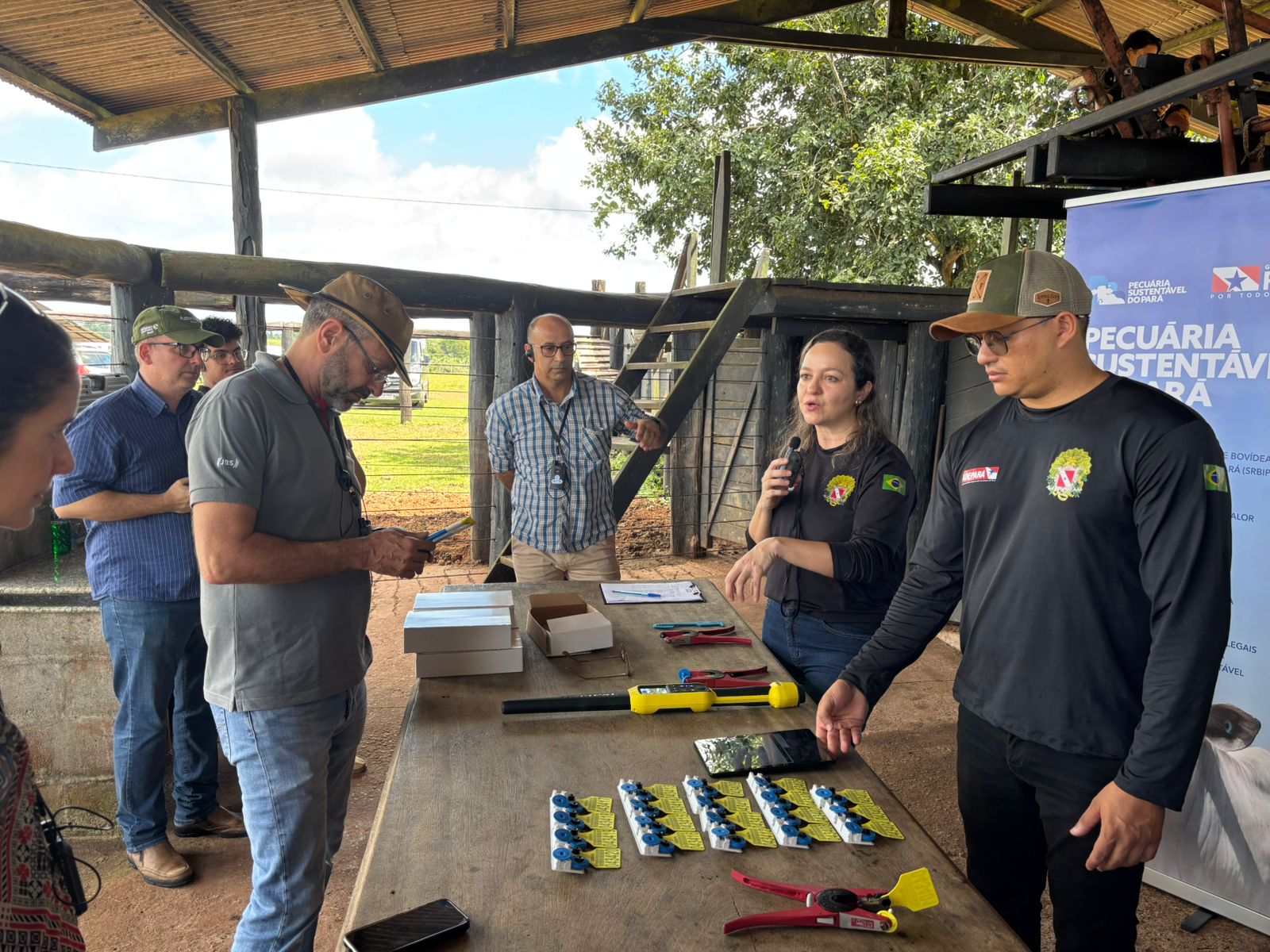Key Takeaways
- JBS contributes more than US$ 7 million to cattle traceability and rural environmental support in Pará
- Initiatives align with a state goal to trace the entire herd by 2026
- US$ 5 million allocated to the Traceability Accelerator Program for indirect suppliers
- US$ 2 million invested in JBS Green Offices to assist with environmental regularization
- Efforts presented during TNC Brazil’s “Expedition to the Sustainable Meat and Leather Market of Pará”
JBS Supports Statewide Traceability Program in Pará
JBS has invested over US$ 7 million to advance animal traceability and environmental compliance among cattle producers in Pará, Brazil. The investment supports a state-led initiative aimed at achieving full traceability of all cattle and buffalo herds in the region by the end of 2026. These developments were presented at the “Expedition to the Sustainable Meat and Leather Market of Pará,” an event organized by The Nature Conservancy (TNC) Brazil.
The company’s participation is part of a broader collaboration involving government agencies, producers, industry stakeholders, and civil society. According to JBS, the aim is to contribute to improved supply chain transparency and provide technical and logistical support to rural producers, particularly smallholders.
Traceability Accelerator Program Targets Southeast Pará
As part of its traceability efforts, JBS has allocated US$ 5 million to its Traceability Accelerator Program. The program promotes the use of ear tags for individual animal identification among indirect suppliers and includes the donation of 2 million tags and 175 tag readers to the Pará State Agricultural Defense Agency (Adepará).
Initial activities are concentrated in Southeast Pará, specifically in areas between Marabá and Santana do Araguaia. Field visits and technical support are coordinated in collaboration with traceability operators accredited by the state. The donated readers are used to collect and process data from tagged animals, contributing to the broader state initiative to trace cattle movements.
“The current phase is designed to address bottlenecks and test traceability tools at scale,” said Fábio Dias, Head of Sustainable Livestock at JBS, during the event.
Environmental Compliance Through JBS Green Offices
In parallel, JBS has invested US$ 2 million in its Green Offices program in Pará since 2021. These offices offer free, specialized assistance for the environmental regularization of rural properties, with a focus on helping small-scale producers. The services include support with Rural Environmental Registry (CAR) processes, adherence to the Environmental Regularization Program (PRA), and guidance on lifting embargoes.
Producers are also connected to additional support programs such as SIRFLOR and Reconecta. In Pará, JBS operates four physical Green Offices in Santana do Araguaia, Redenção, Tucumã, and Marabá. In 2024, these offices began offering technical and managerial assistance under the EV 2.0 model.
JBS Expansion and National Results
Future plans include extending the traceability and environmental support programs to other regions of Pará, including the Southwest, Lower Amazon, and Marajó areas. JBS has indicated potential interest in replicating this model in other Brazilian states.



